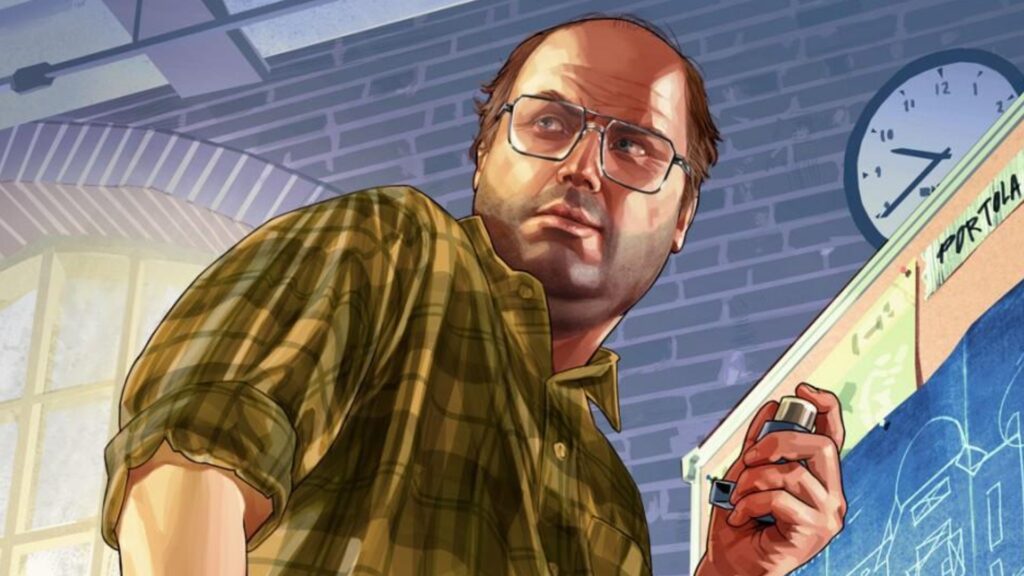
Former Rockstar Games co-founder Dan Houser, known for his pivotal role in shaping the Grand Theft Auto series, has embarked on a new venture with his studio, Absurd Ventures. During a recent appearance on the popular UK talk show, Sunday Brunch, Houser discussed the studio’s exploration of artificial intelligence (AI) in game development, while cautioning against overestimating its current capabilities.
Houser, who left Rockstar in 2020, has since focused on creating a multimedia entertainment company that spans podcasts, comics, novels, and video games. His latest project, a novel set in the “A Better Paradise” universe, delves into themes of super-intelligent AI. This universe will also serve as the backdrop for one of Absurd Ventures’ upcoming video games, which Houser revealed is still several years from completion.
AI in Game Development: Promise and Limitations
On the talk show, Houser addressed the role of AI in both the storyline and development process of their games. He acknowledged the presence of AI characters in the narrative but expressed skepticism about its current utility in solving complex development challenges.
“We are dabbling in using AI, but the truth is a lot of it’s not as useful as some of the companies would have you believe yet,” Houser stated. “It’s not going to solve all of the problems.”
Houser’s comments come at a time when major industry players like Krafton and EA are heavily investing in AI technologies, with claims of transformative potential. However, Houser remains cautious, highlighting that while AI excels in certain areas, it falls short in others.
Industry Trends and Comparisons
This development follows a broader industry trend where companies are increasingly integrating AI into their workflows. Krafton recently declared its ambition to become an “AI-first company,” and EA has partnered with Stability AI to enhance its creative processes. Despite these advancements, AI’s role in gaming has sparked debate, with titles like Arc Raiders and Call of Duty Black Ops 7 facing criticism for their AI-generated content.
Houser’s perspective reflects a growing sentiment among developers who recognize the potential of AI but remain wary of its limitations. His remarks underscore the challenge of achieving the final 20% of tasks in game development, which often require a level of nuance and creativity that AI has yet to master.
“A lot of those processes, computers are already doing [them],” Houser noted. “So some of it’s just to sell AI stock, or convince everyone this is transformative, and other stuff it does is amazing.”
The Balance Between Art and Commerce
Beyond AI, Houser also touched on the broader dynamics of the gaming industry, questioning whether the focus has shifted too heavily towards profit at the expense of artistic innovation. He acknowledged the tension between commercial success and creative expression, suggesting that both approaches have their place in the industry.
“[As] with all things, it can either go somewhere really interesting or somewhere that gets overly focused on making money,” Houser observed. “I think there’s always that danger with any commercial art form that they get distracted by money, but there’s still a big ceiling creatively to make these kinds of living narrative experiences.”
Houser’s insights offer a nuanced perspective on the evolving landscape of game development, where the integration of new technologies must be balanced with the artistic vision that has long defined the medium. As Absurd Ventures continues to develop its projects, the industry will be watching closely to see how Houser’s approach to AI and storytelling unfolds.
Meanwhile, as the debate over AI’s role in gaming continues, developers and companies alike will need to navigate the complex interplay between technological innovation and creative integrity. The outcome of this balancing act could shape the future of gaming for years to come.






